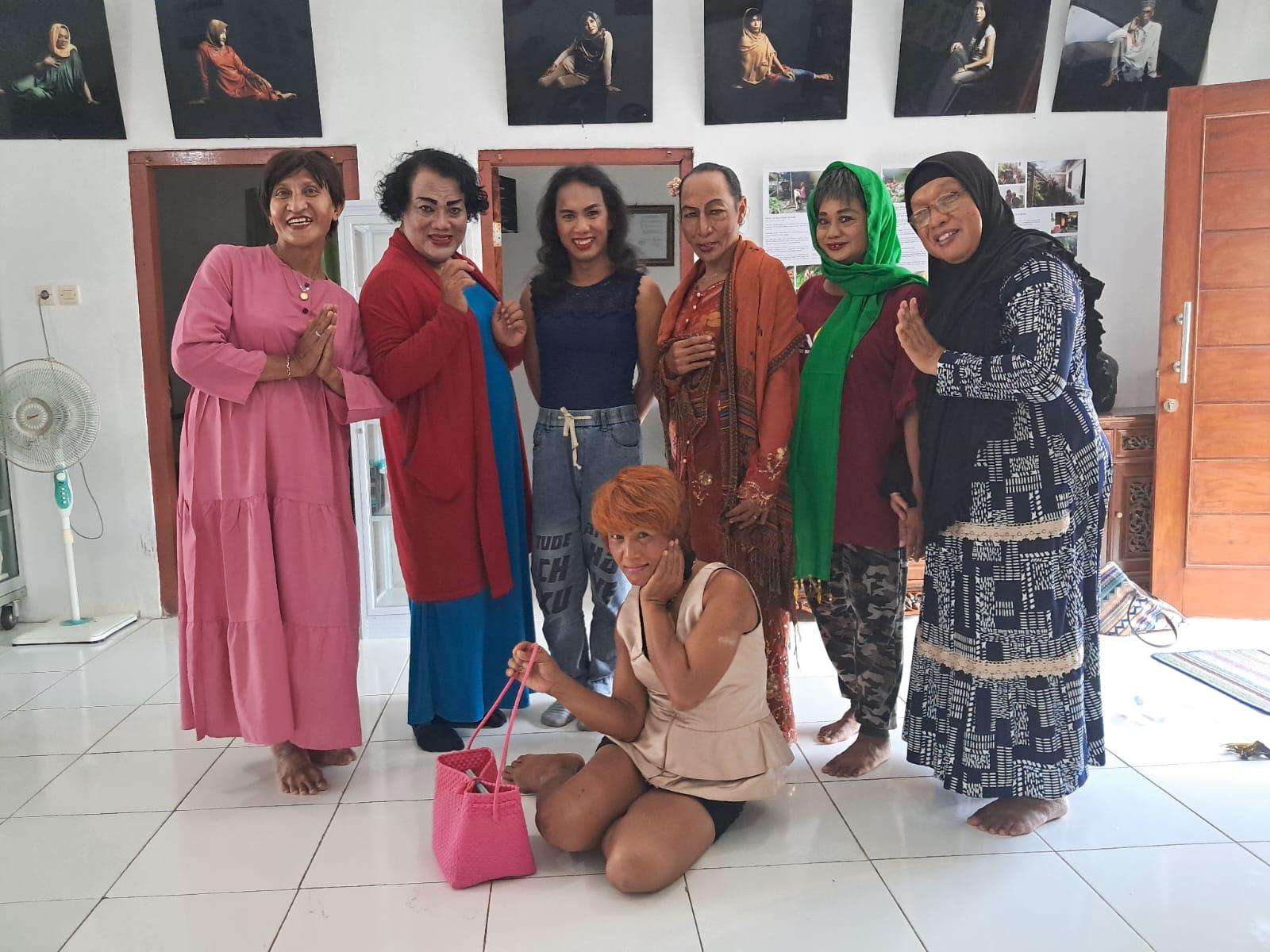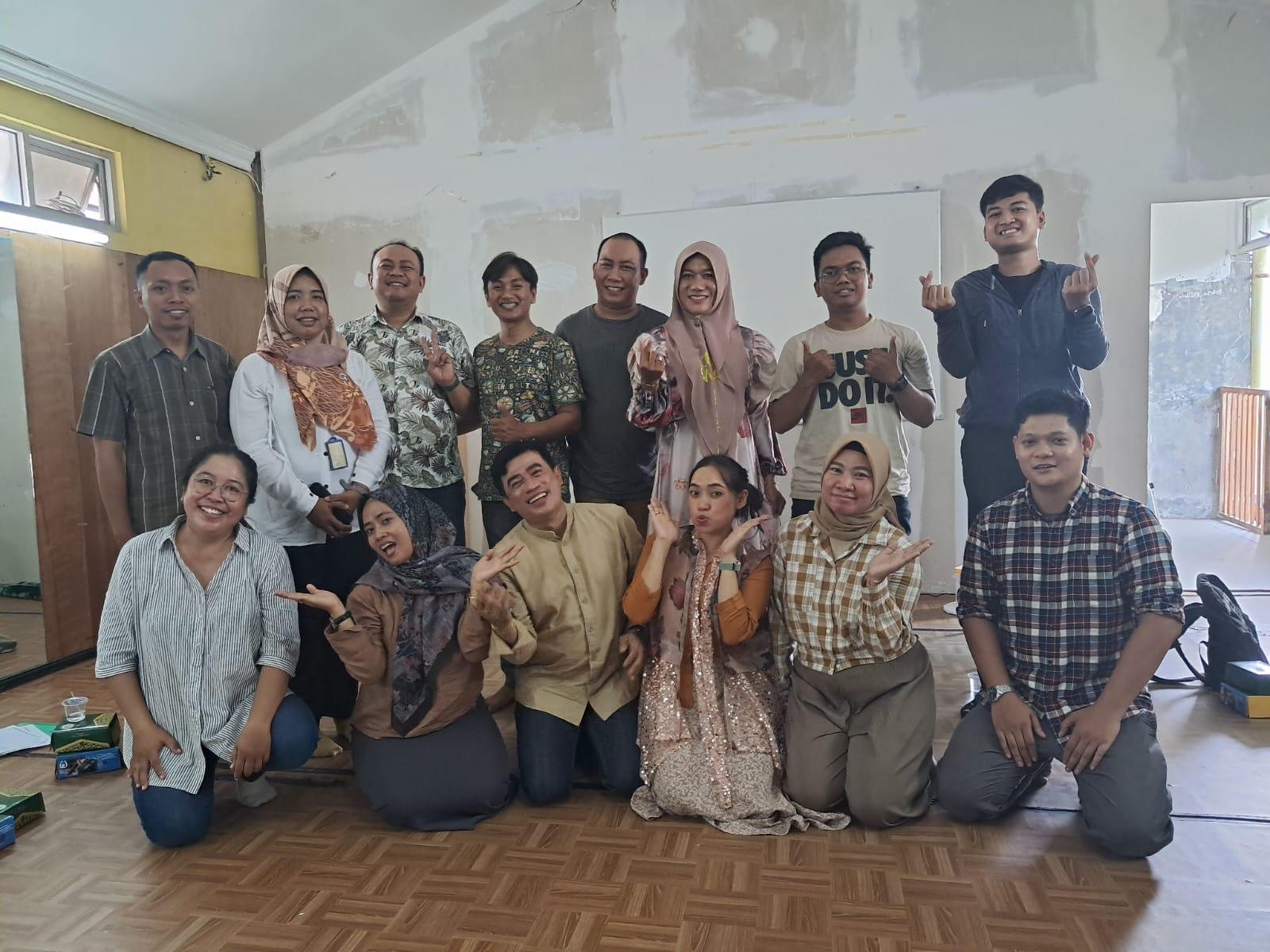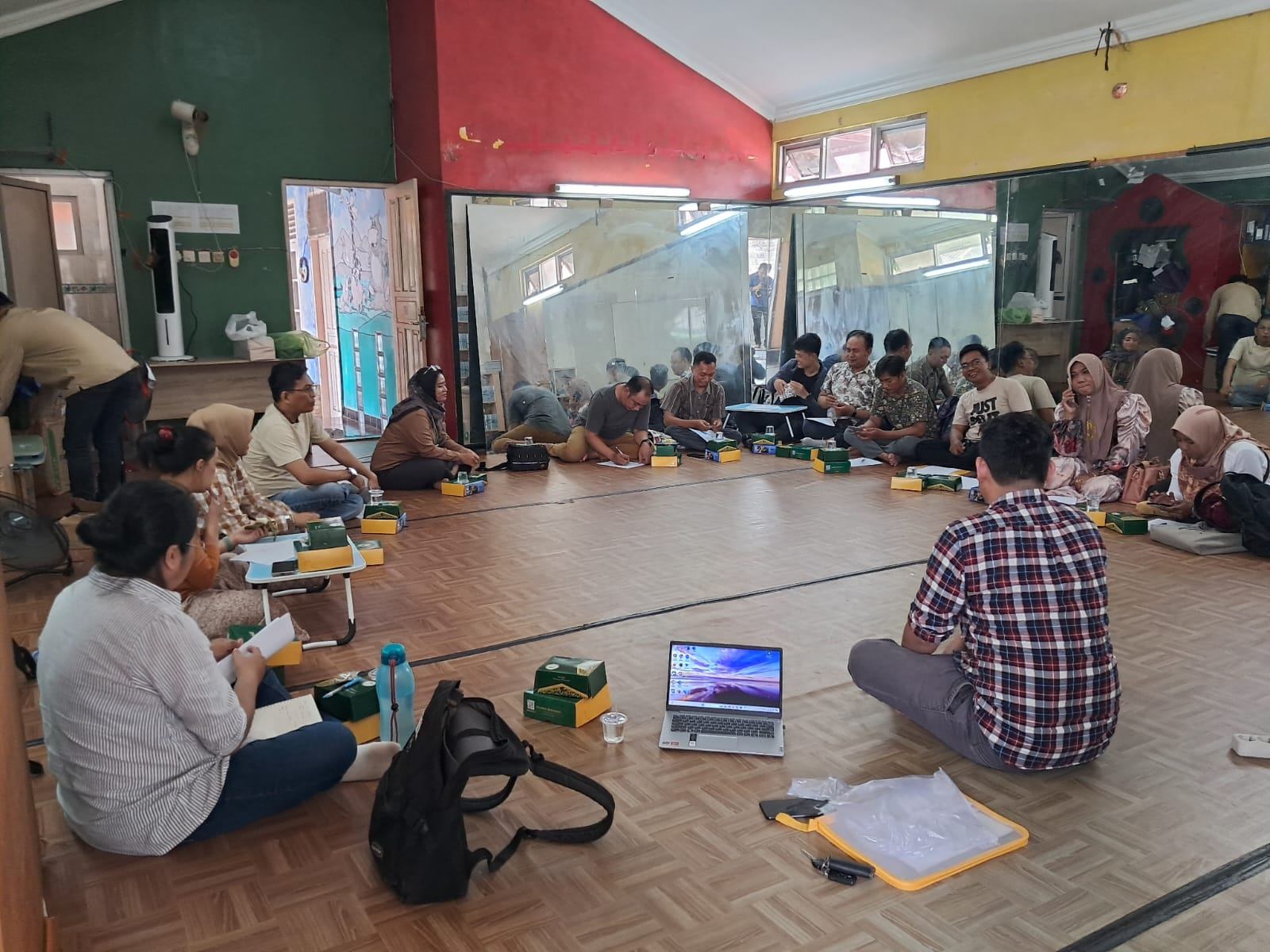As part of the 2024 Research Grant from UGM’s Graduate School, the Media and Cultural Studies Program is conducting field research focused on changes in social interactions within the digital era among NGOs and queer communities in Yogyakarta, particularly targeting gay, transgender women, and people living with HIV/AIDS (PLWHA). This research is led by Prof. Faruk, H.T., with team members Dr. Suzie Handajani, M.A., Prof. Partini, S.U., and Arif Zuhdi W. S.Sn., M.A. The field research is being carried out at three NGOs in Yogyakarta, each focusing on HIV/AIDS awareness, prevention, and LGBTQ+ community empowerment: Yayasan Vesta Indonesia, Yayasan Victory Plus, and Yayasan Kebaya Yogyakarta, with activities taking place in October 2024. Additionally, the research includes contributions from transgender women in organizations such as Yayasan Seruni, the Yogyakarta Transwomen Association (IWAYO), the Transwomen Crisis Center (WCC), and the Al-Fatah Transwomen Islamic Boarding School.
In recent years, digital platforms have become widely used across Indonesian society, including within the queer community in Yogyakarta. This shift is partly due to the “regulation” of physical public spaces where queer communities once gathered, such as Malioboro, train stations, bus terminals, city squares, cafes, and various street food stalls, which are now increasingly controlled by government policies. Through digital networking platforms, the queer community in Yogyakarta can more freely express their identities, access healthcare services, engage in spiritual activities, and even earn income to meet daily needs. The increasingly interconnected social life of the queer community in Yogyakarta exemplifies what Manuel Castells (2010) describes as a “networked society.” Social interactions within Yogyakarta’s queer community, supported through participatory and collaborative efforts by NGOs and queer organizations, foster a networked sociality among queer individuals, allowing both digital and physical spaces for connection, despite ongoing social injustices faced by queer groups in Yogyakarta.
Contributor: Arif Zuhdi W.
SDG 5 (gender equality)



